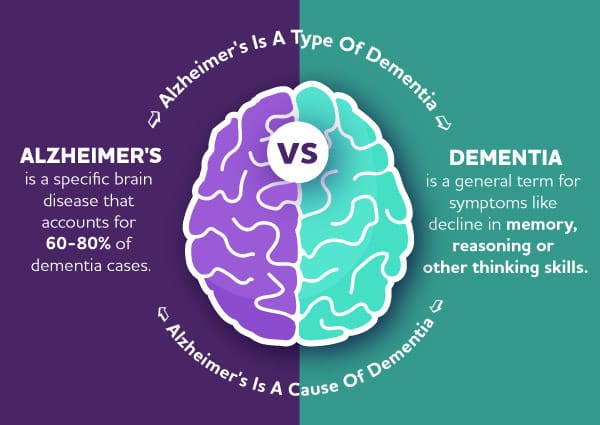Blood tests for Alzheimer's ? Part 1

"New blood tests could help doctors diagnose Alzheimer's disease more quickly and accurately, researchers reported on Sunday. However, some tests seem to be more effective than others."
It's challenging to determine if memory problems are due to Alzheimer's disease. To confirm this, doctors need to check for a buildup of a sticky protein called beta-amyloid, usually requiring a difficult-to-access brain scan or an uncomfortable spinal tap. As a result, many patients are diagnosed based on their symptoms and cognitive tests instead.
Labs are starting to offer various blood tests that can detect signs of Alzheimer's disease. Scientists are excited about their potential, but these tests aren't widely used yet. There isn't enough information to help doctors decide which tests to use and when. Additionally, the U.S. Food and Drug Administration hasn't officially approved any of these tests, and insurance coverage is limited.
Over 6 million people in the United States and millions more worldwide have Alzheimer's disease, which is the most common form of dementia. The disease is characterized by specific "biomarkers," such as amyloid plaques that clog the brain and abnormal tau proteins that form tangles, ultimately leading to the death of neurons.
New drugs like Leqembi and Kisunla can slightly slow the worsening of symptoms by removing amyloid buildup from the brain. However, they are only effective in the early stages of Alzheimer's. Proving that patients qualify for these drugs in time can be challenging. Measuring amyloid in spinal fluid involves an invasive procedure, and getting a special PET scan to detect plaques is expensive and can take months to schedule.
Blood tests for Alzheimer's have mainly been used in controlled research environments. However, a recent study involving about 1,200 patients in Sweden shows that these tests can also be effective in everyday medical settings. This is especially useful for primary care doctors, who encounter more patients with memory problems than specialists but have fewer diagnostic tools.